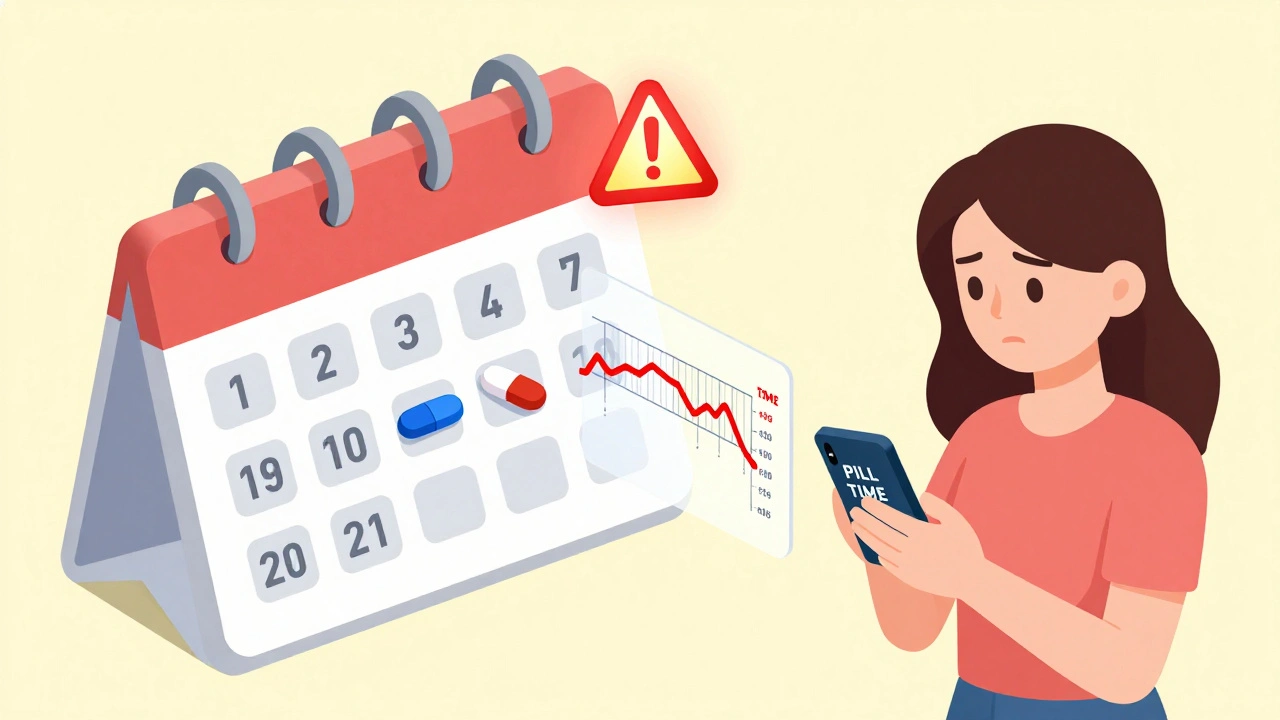Effectiveness: How to Judge Medication and Treatment Results
Want to know if a medicine or supplement actually works? Start by asking two simple questions: what evidence supports it, and how does that evidence apply to you? Effectiveness isn’t just a label — it’s a mix of clinical trials, real-world use, dosing, and how your body responds.
Quick ways to check effectiveness
Look for randomized controlled trials (RCTs). These are the strongest tests for a drug’s effect. If a treatment shows benefit in multiple RCTs with enough patients, that’s a solid sign. For generics, check bioequivalence data: the generic should behave like the brand in the body. For example, our posts on generic drugs explain how approvals and bioequivalence cut costs without losing effect.
Next, scan regulatory decisions. Approvals or warnings from agencies such as the FDA or TGA matter. If a medicine has recent safety alerts (like some NSAID heart-risk updates) that affects how you weigh benefit vs. risk. Our Celebrex and celecoxib pieces discuss these trade-offs clearly.
Real-world evidence counts too. Patient reports, registries, and observational studies show how treatments perform outside trials. Read them with care: they can reveal long-term effects or uncommon side effects missed in trials. For weight-loss drugs like Rybelsus, real-world reports helped shape expectations around weight change versus diabetes control.
Practical tips before you try something new
Match the study population to you. If trials were done in older adults but you’re young and healthy, results may differ. Check dosing and duration — some drugs need weeks to show benefit, others work fast. For antidepressants like fluoxetine, consistent dosing and time matter.
Watch for placebo effects and expectations. If a supplement promises quick fixes, ask for clinical proof. Herbal immunity boosters or trendy supplements (we cover several) often lack large trials. If you try them, set a short trial window and measure changes so you can decide if they helped.
Consider harms alongside benefits. Effectiveness is useless if side effects outweigh gains. Look at common and serious risks in the data. For pain meds, compare alternatives — our Meloxicam and hydrocodone alternatives articles list safer paths for many patients.
When buying online, confirm pharmacies and ingredients. Fake pills or wrong doses wreck effectiveness. Articles on safe online pharmacies and where to buy meds (like Vasotec, Lamisil, Keflex) guide you on spotting legit sources and avoiding fakes.
If you’re unsure, talk to your clinician with specific questions: which outcomes improved in trials, how long to wait, and what side effects to monitor. Track your symptoms and share that data — it makes real-world effectiveness obvious fast.
Use evidence, common sense, and clear measures of success. That’s how you tell if something truly works for you.
Birth control pills are widely used but not foolproof. Learn how effective they really are, what side effects to expect, which medications can interfere, and who should avoid them.
View More
As a parent, I've been curious about whether Sumatriptan, a medication commonly used for migraines, is safe and effective for children. After researching, I found that studies have shown positive results in treating migraines in kids. However, it's essential to consult with a pediatrician before starting Sumatriptan, as it may not be suitable for all children. Side effects can occur, such as dizziness and fatigue, but they are generally mild and temporary. Overall, while Sumatriptan seems to be a promising option for children suffering from migraines, it's crucial to work closely with a healthcare professional to ensure its safety and effectiveness.
View More


